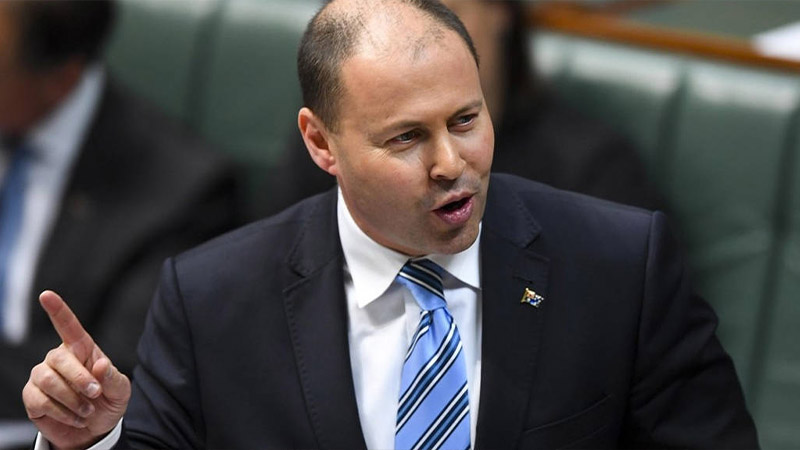Government extends relief for electronic execution
The government has extended the relief provided for electronic document execution for a further six months, which may allow SMSFs with a corporate trustee to use electronic signatures for the deed for longer.
In a public announcement, Treasurer Josh Frydenberg said the government is providing certainty to businesses about how they can meet their legal obligations by extending temporary regulatory relief in respect of online meetings and electronic document execution.
Mr Frydenberg said the changes provide certainty that when company officers sign a document electronically, the document has been validly executed.
“To execute documents, company officers will continue to be able to sign documents electronically, so for the duration of the extended relief, signatories will not be required to sign the same physical document,” Mr Frydenberg said.
“This will ensure that documents can continue to be properly executed at a time when ordinary business operations have been disrupted.”
The current arrangements will be extended for another six months so that they expire on 21 March 2021.
“The Morrison government will continue to provide the necessary flexibility for businesses to deal with the challenges that have been presented by the coronavirus crisis and help facilitate the recovery on the other side,” he stated.
After the government announced the first determination, Smarter SMSF chief executive Aaron Dunn said this may enable SMSFs to use electronic signatures for establishing deeds, deeds of variation, bare trusts for LRBAs and changes of trustee.
In an online article, Mr Dunn said the determination does not expressly state that deeds may be in electronic form and signed electronically, so it is prudent to seek legal advice within the relevant jurisdiction before determining to execute a deed electronically.
“The explanatory note does state that the determination modifies s.127 for companies, directors of companies, company secretaries and any persons that have dealings with companies to allow for the use of an electronic signature to meet the requirements for a signature, and further states that the entire process of executing a document can be carried out using electronic communications,” Mr Dunn said.
“It appears that the intention of the determination is to facilitate electronic documents and electronic signing, which would seem to satisfy that a deed in electronic form and signed electronically by a company satisfies the requirements of s.127.”
He also stressed that it only applies to SMSFs with a corporate trustee, not individual trustees.
“Deeds signed by individuals to whom s.127 of the Corporations Act does not apply will still be subject to the paper requirement unless it is modified by statute,” he explained.

Miranda Brownlee
Miranda Brownlee is the deputy editor of SMSF Adviser, which is the leading source of news, strategy and educational content for professionals working in the SMSF sector.
Since joining the team in 2014, Miranda has been responsible for breaking some of the biggest superannuation stories in Australia, and has reported extensively on technical strategy and legislative updates.
Miranda also has broad business and financial services reporting experience, having written for titles including Investor Daily, ifa and Accountants Daily.








